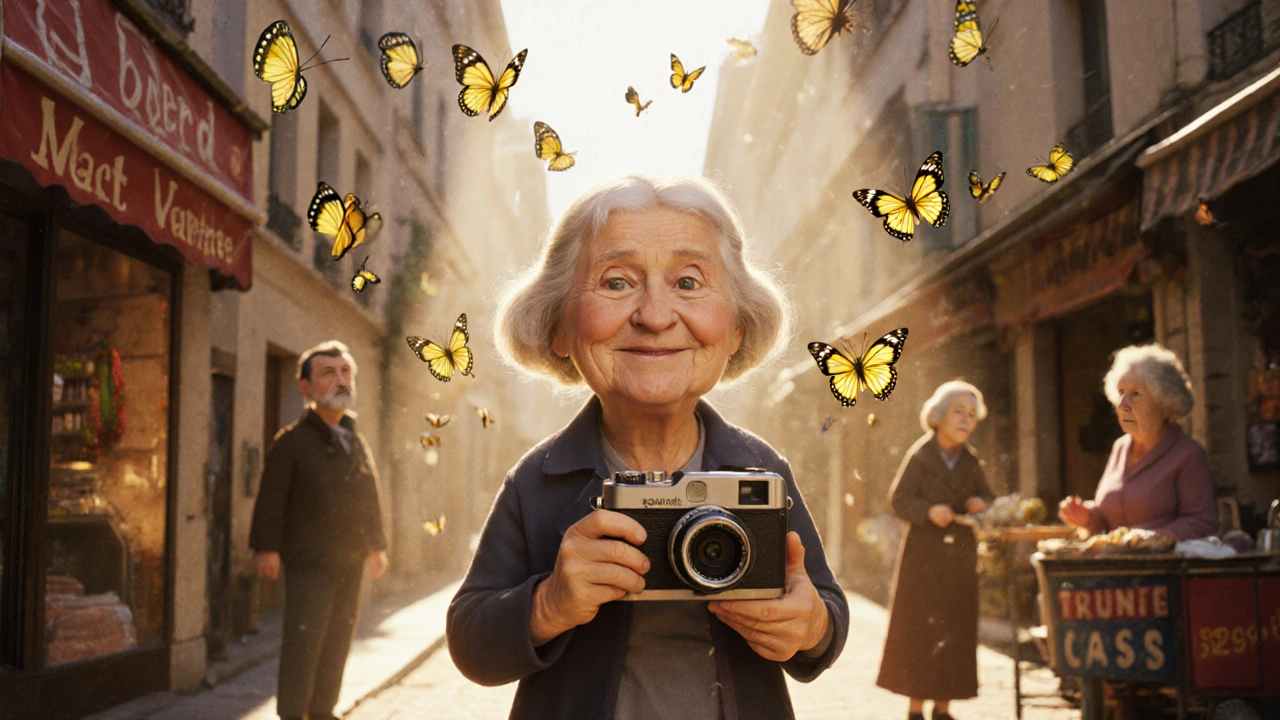French New Wave: The Film Movement That Changed Cinema
When you think of French New Wave, a revolutionary film movement from late 1950s and 1960s France that rejected traditional studio filmmaking in favor of handheld cameras, jump cuts, and real locations. Also known as Nouvelle Vague, it didn’t just make movies—it broke the rules. This wasn’t just a style. It was a rebellion. Young filmmakers like Jean-Luc Godard, a director and critic who turned film editing into a conversation, using abrupt cuts to shake up how stories were told and François Truffaut, a former film critic who turned his passion for cinema into personal, emotionally raw stories about outsiders and young love picked up cheap cameras and shot on the streets. No permits. No studio backing. Just ideas, energy, and a belief that movies could be personal, not polished.
The French New Wave didn’t need big budgets to make big impacts. It used natural light, non-professional actors, and stories that felt like real life—messy, unpredictable, and full of quiet moments. These films weren’t about heroes saving the world. They were about people sitting in cafés, walking through Paris, arguing about love, or just staring out windows. That focus on ordinary moments became the heartbeat of indie film for decades after. You can see its fingerprints in everything from Jim Jarmusch’s slow-burn narratives to the handheld intimacy of modern indie dramas. It taught filmmakers that emotion doesn’t need grand sets—it needs truth.
What made the French New Wave so powerful wasn’t just how it looked, but how it thought. It questioned everything: why stories had to follow three-act structures, why actors had to speak in perfect lines, why films couldn’t be made by people who weren’t part of the industry. It turned cinema into something you could make yourself—with a camera, a friend, and a story that mattered. That’s why it still matters today. The filmmakers behind it didn’t just create movies. They created a new way to see the world—and to tell stories about it.
Below, you’ll find posts that dig into the ideas, directors, and lasting influence of the French New Wave—from how its techniques live on in today’s indie films to the emotional truths it captured that still resonate with audiences now.
Agnès Varda redefined cinema by blending documentary, essay, and feminist storytelling with playful, intimate filmmaking. Her work broke rules, centered women, and inspired a new generation of filmmakers.
View More

